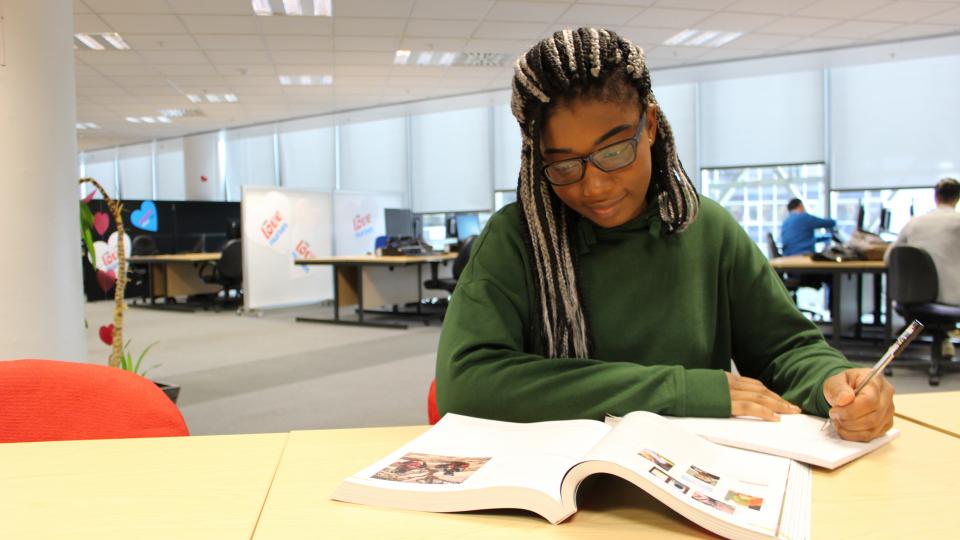
Gender, technology and work
About Gender, technology and work
Seeking to address the changing character of wage labour in the twenty-first century and shifts in the landscape of social reproduction (in particular, the current ‘crisis of care’).
The project is associated with various outputs, including single and co-authored book-length studies, articles for assorted audiences, public talks, curatorial activities, and conferences (including the ‘Post-Cyber Feminist International’ at the ICA in 2017 and ‘After Work: Life, Labour and Automation’ symposium hosted at the University of West London in 2018). There are also a number of doctoral research candidates working in related areas under Dr Hester’s supervision.
Project description
Investigate contemporary crises around work, and illustrates that such crises extend beyond the waged workplace to the home.
Challenge the assumption that reproductive labour such as care work represents the constitutive limit of contemporary post-work politics.
Address an under-recognised tension between ideas about the caring economy and the refusal of work.
Explore the mechanisms via which “women’s work” has come to be excluded from post-work political projects.
Offer concrete proposals for better integrating social reproduction into the refusal of work, in a vital and timely move towards a robustly feminist post-work politics.
Research team
Professor Hester has contributed to the work of a number of think tanks (including NEF, IPPR and Doteveryone) and sits on the Board of Advisers for Autonomy, an organisation exploring the future of work. She delivered an expert briefing to the Committee for Business, Energy and Industrial Strategy in February 2017, and her research has been widely cited in the press. Dr Hester’s work on gender and technology with the feminist collective Laboria Cuboniks has been extensively drawn upon by artists across a range of media, including visual, sound and performance artists.
- Callum Cant
- Alva Gotby
- Mariam Kauser
- Rowan Lear
- Gabi Loureiro
- Pam Myers
Further information
- Read Professor Helen Hester's response on the Autonomy website
- Read The Guardian article: Post-work: the radical idea of a world without jobs
- Read The New York Times article: Why Do I Have to Call This App 'Julie'?
- Read the I-D article: Siri est aussi victime de harcèlement sexuel
- Visit the After Work: Life, Labour and Automation website
- Visit the ICA Post-Cyber Feminist International webpage
Find out more
-
Research Centres and Groups
Find out about our multi-disciplinary areas of expertise, research, and teaching.
-
Research impact
Learn how our research has helped communities locally, nationally and internationally.
-
The Graduate School
If you are interested in studying for a PhD or Professional Doctorate, the Graduate School is here to support your research.








